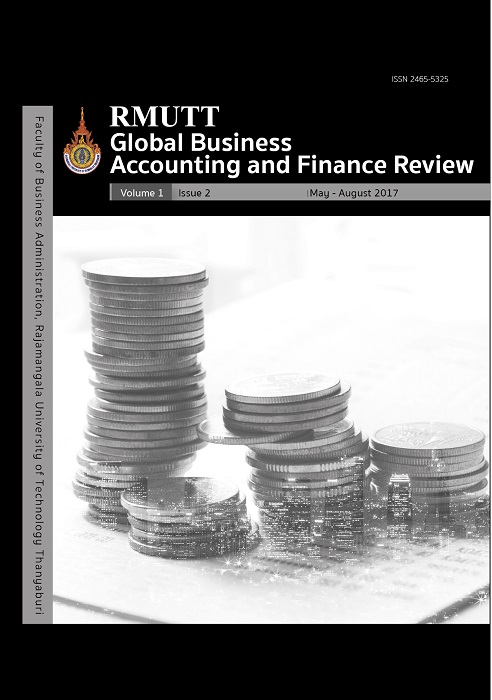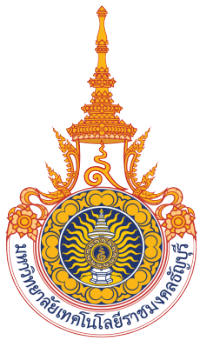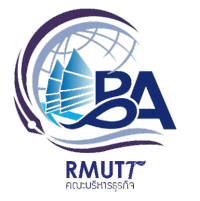Professional Accounting Regulation in the Kingdom of Thailand over the Past Fifty Years
Keywords:
Professionalization, the Kingdom of Thailand, State, Market and communityAbstract
The purpose of this study is to explore the development of the professional accounting regulation and the accounting profession in the Kingdom of Thailand over the past fifty years. The development of Thailand’s accounting profession was independent and uninfluenced by Western colonial powers compared to most of its neighboring countries. This distinct situation is the motivation for this study. This study used in-depth interview as means of collecting data from accountants, auditors, academic professionals, and representatives from the Ministry of Commerce and Ministry of Finance.
The findings showed that the state played a significant role in the emergence and development of the accounting profession in its early years through the enactment of accounting laws and regulations. The accounting profession is not an autonomous organization as in western countries due to state dominance by the establishment of state agencies. However, developments of the accounting profession from 2004 onwards indicate that the interaction among various factors such as professional accounting regulation, globalization, politico-economic milieu, and educational institutions accelerates the development of the accounting profession.
References
Akathaporn, P., Novin, A. M., & Abdolmohammadi, M. J. (1993). Accounting education and practice in Thailand: perceived problems and effectiveness of enhancement strategies. The International Journal of Accounting, 28, 259-272.
Bui, T. M. V., Yapa, P. W. S., & Cooper, B. J. (2011). Accounting Development in a French Colony and the Role of the State: The Case of Vietnam. Paper presented at the The Accounting and Finance Association of Australia and New Zealand, Darwin.
Caramanis, C. V. (2002). The interplay between professional groups, the state and supranational agents: Pax Americana in the age of globalisation. Accounting, Organizations and Society, 27, 379-408.
Caramanis, C. V. (2005). Rationalisation, charisma and accounting professionalisation: perspectives on the intra-professional conflict in Greece, 1993-2001. Accounting, Organizations and Society, 30, 195-221.
Carey, J. L. (1969). The rise of the accounting profession from technician to professional 1896 - 1936. New York: American Institute of Certified Public Accountnats, Inc.
Diga, J. (1997). Accounting in the Philippines. In N. Baydoun, A. Nishimura & R. Willet (Eds.), Accounting in the Asia-Pacific Region. Singapore: John Wiley & Sons.
Dyball, M. C., Poullaos, C., & Chua, W. F. (2007). Accounting and empire: professionalisation-as-resistance the case of Philippines. Critical Perspectives on Accounting, 18, 415-449.
Elliott, P. (1972). The Sociology of the Professions. London: Macmillan.
Favere-Marchesi, M. (2000). Audit quality in ASEAN. The International Journal of Accounting, 35(1), 121-149.
Henry, L. J., & Attavitkamtorn, P. (1999). Governmental accounting and auditing in Thailand: an overview and some suggestions for improvement. The International Journal of Accounting, 34(3), 439-454.
Hove, M. R. (1986). Accounting Practices in Developing Countries: Colonialism's Legacy of Inappropriate Technologies. The International Journal of Accounting, 22(1), 81-100.
Huot, C. B. (2007). The Re-emergence of the Accounting Profession in Cambodia. (Doctor of Philosophy), La Trobe University, Victoria.
Ingalls, E. F. (1965). Developing and Implementing Higher Professional Standards in Accounting. Law and Contemporary, 30(4), 874-897.
Lee, T. (1995). The professionalization of accountancy: a history of protecting the public interest in a self-interested way. Accounting, Auditing & Accountability Journal, 8(4), 48-69.
National Statistical Office. (2017). Population & Society. Retrived September 12, 2017, from http://web.nso.go.th/en/stat_theme_socpop.htm.
Office of the Auditor General of Thailand. (2017). History. Retrieved September 12, 2017, from http://www.oag.go.th/en/history.
Parker, R. H. (1980). The study of accounting history. Exerter University Research Group.
Puxty, A. G., Willmott, H. C., Cooper, D. J., & Lowe, T. (1987). Modes of regulation in advanced capitalism: Locating accountancy in four countries. Accounting, Organizations and Society, 12(3), 273-291.
Saudagaran, S. M., & Diga, J. G. (2000). The institutional environment of financial reporting regulation in ASEAN. The International Journal of Accounting, 35(1), 1-26.
Streeck, W., & Schmitter, P. C. (1985). Community, Market, State-and Associations? The Prospective Contribution of Interest. European Accounting Review, 1(2), 119-138.
Susela, D. S. (2010). The Malaysian Accountancy Profession and its Imperial Legacy (1957-1995). In C. Poullaos & S. Sian (Eds.), Accountancy and Empire: The British Legacy of Professional Organization. New York Routledge.
Techamontrikul, S., & Chimchome, N. (Eds.). (2005). Thailand. Singapore: Thomson Learning.
The Comptroller General's Department. (2017). History. Retrieved September 20, 2017, from www.cgd.go.th
The World Bank. (2008). Report on the Observance of Standards and Codes (ROSC): Kingdom of Thailand. Retrieved July 11, 2011, from http://www.worldbank.org/ifa/rosc_aa_thailand.pdf
Timperley, S. R., & Osbaldon, M. (1975). The Professionalisation Process: A Study of an Aspiring Occupational Organization. Sociological Review, 607-627.
Verma, S. (2010). The Influence of Empire on the Establishment of the Institute of Chartered Accountants of India After Independence. In C. Poullaos & S. Sian (Eds.), Accountancy and Empire: The British Legacy of Professional Organization New York: Routledge.
Walker, S. P. (1991). The defence of professional monopoly: Scothish chartered accountants and "satellites in the accountancy firmament" 1854-1914. Accounting, Organizations and Society, 16(3), 257-283.
Walker, S. P. (1995). The genesis of professional organisation in Scotland: a contextual analysis. Accounting, Organizations and Society, 20(4), 285-310.
Wallace, R. S. O. (1992). Growing pains of an indigenous accountancy profession: the Nigerian experience. Accounting, Business & Financial History, 2(1).
West, B. P. (2003). Professionalism and accounting rules. New York: Routledge.
Willett, R., Baydoun, N., & Nishimura, A. (1997). Environmental Considerations in Studying Accounting in the Asia-Pacific Region. In N. Baydoun, A. Nishimura & R. Willet (Eds.), Accounting in the Asia-Pacific Region. Singapore: John Wiley & Sons.
Willmott, H. (1986). Organising the profession: a theoretical and historical examination of the development of the major accountancy bodies in the U.K. Accounting, Organizations and Society, 11(6), 555-580.
Yapa, P. (1999). Professional accounting environment in Brunei Darussalam. Accounting, Auditing & Accountability Journal, 12(3). doi: 10.1108/0951357991027793









